Danger of "hello" to the universe
In the documentary series Into the Universe with Stephen (2010), genius physicist Stephen once expressed his opinion: If an extraterrestrial civilization was advanced enough to visit us, the scenario could be similar to when Columbus set foot in America and that "would not be good" for the natives.

Genius physicist Stephen (Photo: Getty).
Therefore, he advised humanity to be extremely cautious about initiating communication.
In 2016, in the film Stephen's Favorite Places (CuriosityStream), Hawking continued to emphasize: "One day we may receive a signal from a planet like Gliese 832c, but be careful when responding."
His message throughout is to advocate passive listening (SETI) but warn of the risks of broadcasting messages (METI), because no one can predict the reaction of a civilization that may be millions of years ahead of us in evolution.
Importantly, Hawking is not opposed to the search for intelligent life. In 2015, he and entrepreneur Yuri Milner announced the $100 million Breakthrough Listen project.
This was the largest SETI program at that time, aiming to "listen" to one million nearby stars and the 100 nearest galaxies for signals of extraterrestrial intelligence.
But even as he embarks on the project, he remains adamant that there should be no rush to send a greeting before there is international consensus and a clear risk management framework.
Silent or active signaling?
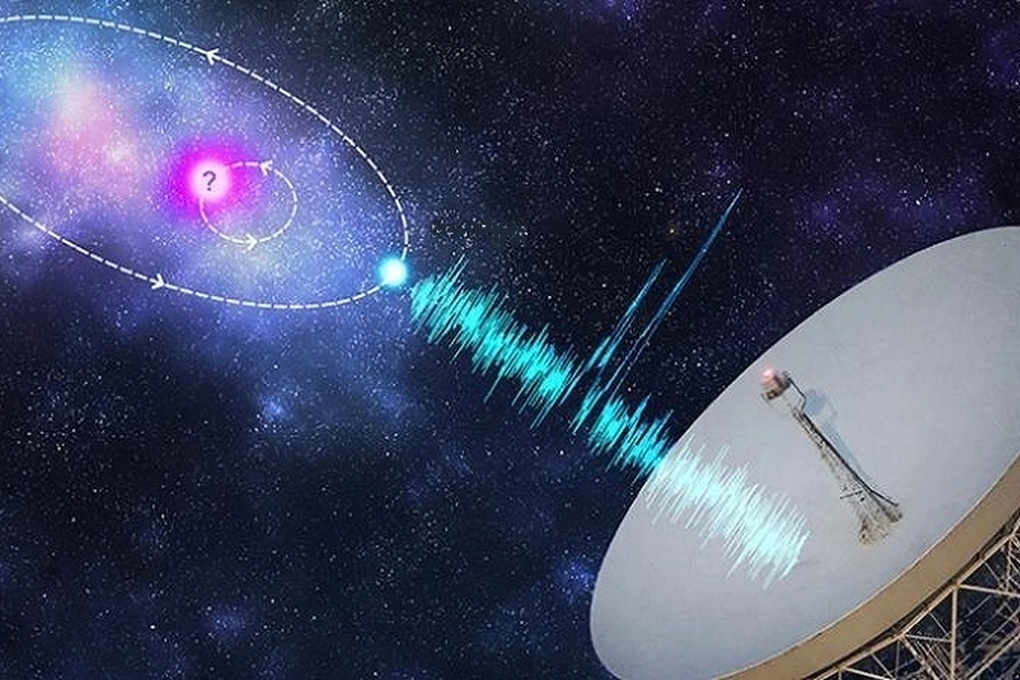
There is much controversy about broadcasting information into space (Photo: Getty).
Hawking's views quickly generated controversy. Astronomer Seth Shostak (SETI Institute) argued that the Earth has been broadcasting radio, television and radar for more than a century.
For a sufficiently advanced civilization, such a trace would have been evident long ago, so actively sending a signal would not likely increase the “exposure” significantly.
METI supporters such as Douglas Vakoch (METI International), on the other hand, see the broadcast as a necessary step in opening an interstellar dialogue. To remain silent would mean missing out on an opportunity to establish a scientific -cultural connection unprecedented in human history.
To put the debate on a verifiable track, the scientific community proposed the San Marino Scale, a scoring system from 1 to 10 to assess the risk of broadcasting signals into space, based on the strength and amount of information.
At the same time, the International Academy of Astronautics (IAA) “Statement of Principles Upon Discovery of Extraterrestrial Intelligence” recommends that any response should be conducted in a spirit of transparency, international coordination, and that unilateral responses should be absolutely avoided.
Public interest in extraterrestrial life has rekindled in recent years, particularly following US Congressional hearings on unidentified flying objects (UAP).
While there is no evidence to date that UAPs are connected to extraterrestrial intelligence, the event underscores the need for a risk management framework and transparent data handling procedures, something Hawking has warned about: a lack of caution can lead to unintended consequences.
Faced with this reality, many experts propose a “two-step” approach: continue to listen on a large scale, using open data such as the Breakthrough Listen project, while only considering sending signals when there is a transparent risk assessment according to the San Marino Scale and international consultation as recommended by the IAA.
In this way, humanity can both maintain its desire to explore and minimize the risk of unprepared decisions.
Source: https://dantri.com.vn/khoa-hoc/loi-canh-bao-lanh-gay-cua-thien-tai-stephen-hawking-20250821095954117.htm



![[Photo] President Luong Cuong receives delegation of the Youth Committee of the Liberal Democratic Party of Japan](https://vphoto.vietnam.vn/thumb/1200x675/vietnam/resource/IMAGE/2025/8/22/2632d7f5cf4f4a8e90ce5f5e1989194a)
![[Photo] President Luong Cuong attends special political-artistic television show "Golden Opportunity"](https://vphoto.vietnam.vn/thumb/1200x675/vietnam/resource/IMAGE/2025/8/22/44ca13c28fa7476796f9aa3618ff74c4)



![[Photo] Prime Minister Pham Minh Chinh chairs the conference to review the 2024-2025 school year and deploy tasks for the 2025-2026 school year.](https://vphoto.vietnam.vn/thumb/1200x675/vietnam/resource/IMAGE/2025/8/22/2ca5ed79ce6a46a1ac7706a42cefafae)






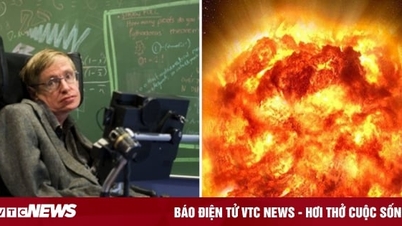
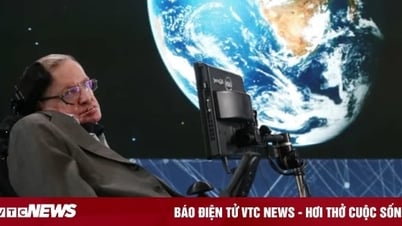


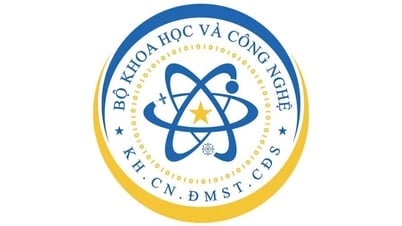












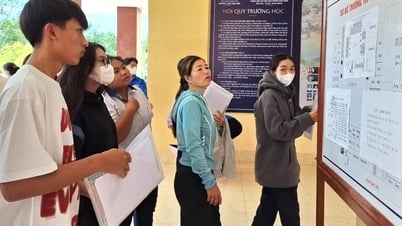
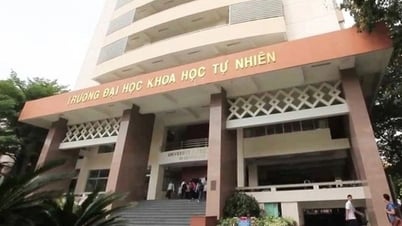





































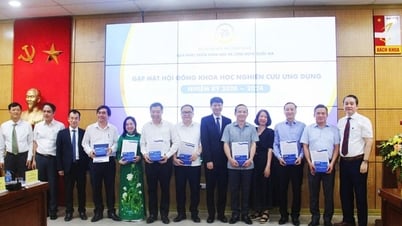

































Comment (0)